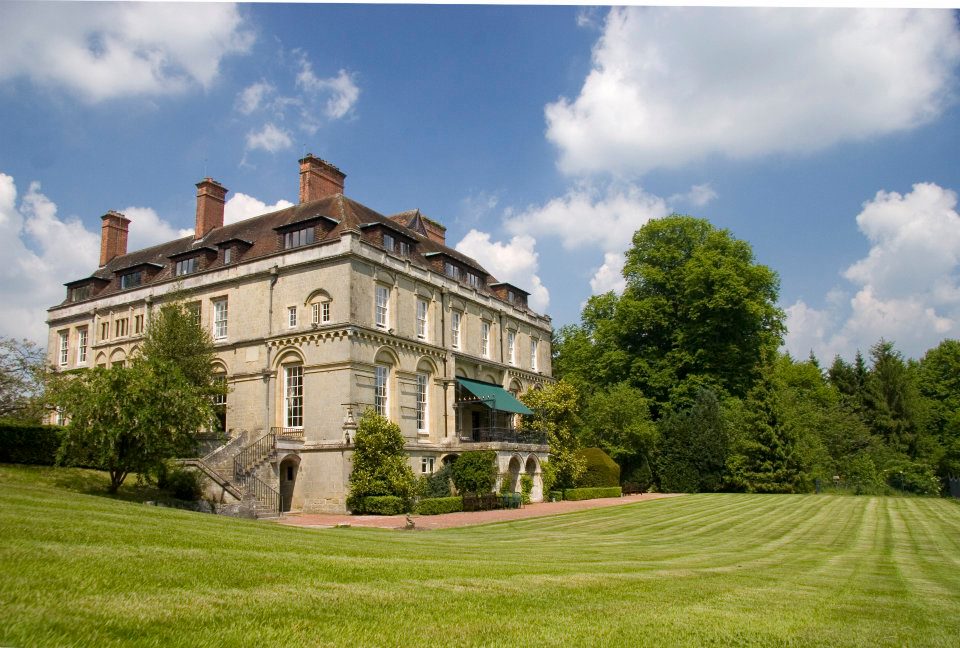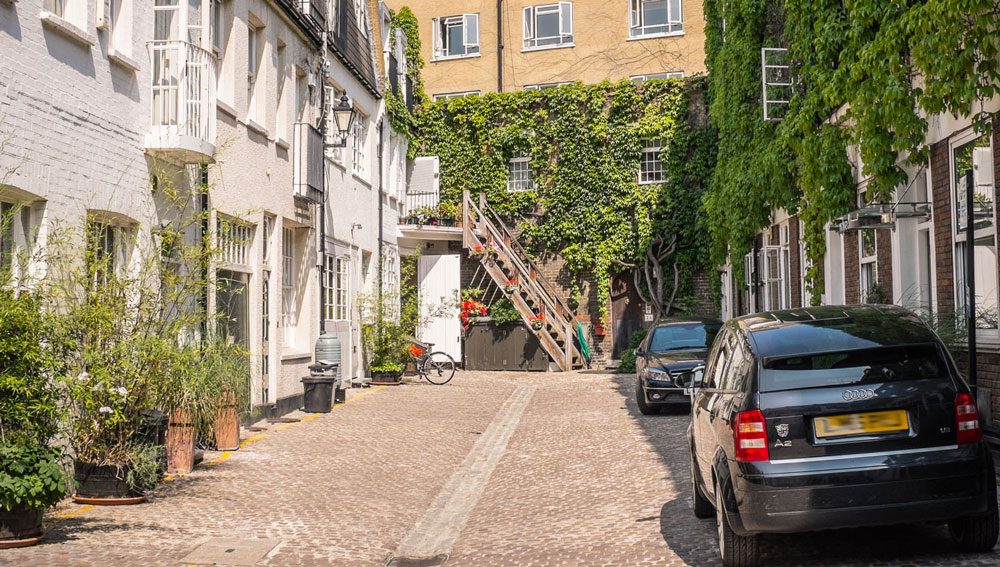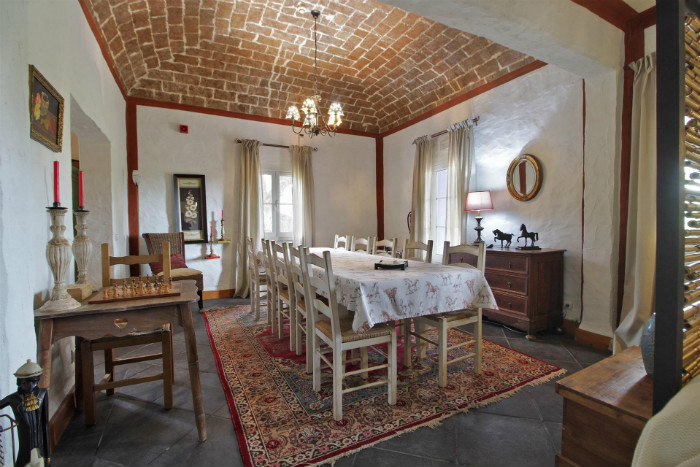If you’re looking for a naturally restorative place to start recovery, a luxury rehab in Ireland could be the perfect fit. With a quiet countryside and history of relaxing recreation, Ireland offers a calm environment for care. And among its lush greenery, you can feel safe as you begin the challenging work of healing.
Peaceful Healing on the Emerald Isle
Preparing for rehab can be hectic at best. You’ve made a big decision, and your whole life is about to change. Even good changes can be disruptive, which is why many patients prefer to go to rehab in tranquil settings. And thanks to a few key features, Ireland is one of the most peaceful countries1 in the world.
Therapeutic Greenery
Ireland’s nickname, “The Emerald Isle,” perfectly describes its lush green surroundings. The refreshing air coming off of the Atlantic Ocean brings moderate weather year round. The rich landscape sits under gray skies, nourished by consistent rain and mist.
For many people, this climate is the perfect environment for healing. In fact, having a naturally beautiful view reduces pain2 and anxiety levels—even if you can only see it through a window. But in most of these programs, you can also explore the outdoors during your time in rehab.
Tee Up for Recovery Success
Ireland has a rich history of golf, with over 300 world-renowned golf courses. So if you’re an avid golfer looking to perfect your swing as you heal, some Irish rehabs, like RósGlas Recovery, offer tee times in addition to therapy sessions.
Finding Harmony
Ireland is known around the world for its spirited folk music. In that tradition, rehabs like RósGlas Recovery boast music therapy programs. And this treatment isn’t just for skilled musicians. You might even listen to music, instead of making it yourself. Music therapy lets you relax, express yourself, and appreciate the local culture. Irish folk music encourages you to celebrate who you are at your core—including your strengths, weaknesses, and everything in between.
Discover Your Ideal Treatment Approach in Ireland
Ireland is more than just a peaceful place to start recovery. Its rehabs also offer a wide variety of therapies, including personalized treatment plans. Here, you can find a center that aligns with your values and recovery goals.
Private and Personalized Treatment Programs
To encourage recovery on your own terms, many Irish rehabs treat only small groups of clients. And some, like RósGlas Recovery, treat just one client at a time. With this approach, you’ll receive highly personalized care.
Individualized treatment and strict confidentiality go hand in hand. This type of rehab is a great fit for high-profile clients who need total privacy during recovery. From the safety of a protected environment, you can focus on what matters most: your own healing journey.
Irish Rehabs Address Co-occurring Disorders
Healing from co-occurring disorders is a dynamic process. And in a rehab that specializes in this type of treatment, you’ll find more sustainable success.
At rehabs like Smarmore Castle, for example, you’ll find comprehensive care for drug addiction, behavioral addiction, and mental health diagnoses. For example, you might attend therapy that addresses both shopping addiction and depression at the same time. Rather than treating these conditions separately, you’ll address the root cause of everything you’re going through.
Robust 12-Step Programming
Alcoholics Anonymous (AA) has a strong presence in Ireland.3 In fact, there are over 750 AA groups throughout the country. And many Irish rehabs, like the Rutland Centre in Dublin, use the same 12-Step approach in their residential programs.
When rehabs use 12-Step facilitation (TSF), their treatment program is structured around the 12 Steps. Most of the time, that means you’ll attend AA (or other 12-Step group) meetings as part of your schedule. And outside of those meetings, your other treatments will explore the same themes. For example, in 1:1 therapy, you might define your recovery goals based on the 12-Step framework.
Going to a 12-Step rehab can ease your transition to the next stage of recovery. Whether or not you stay in Ireland after treatment, AA and other 12-Step meetings are available all over the world. You can even attend them remotely. Regular meetings can help you maintain the same routine you developed in rehab, even when other parts of your life are in flux.
Getting There
If you’re traveling abroad to rehab in Ireland, your journey probably won’t be too complicated. You can find non-stop flights into Dublin from many major European and North American destinations. And if you’re coming from a different region, you can fly into London Heathrow and then travel to Ireland by plane, train, or boat.
Once you’re on the Emerald Isle, public transportation is widely available through rail travel and buses. Many Irish rehabs also offer private pickups from the airport to simplify your journey. But even if you make your own way there, it’s always best to have a travel companion on your way to rehab.
Settle Into Healing in Ireland
Recovery presents challenges, no matter where you go to rehab. But in Ireland, you can face them in a peaceful, supportive environment. With Ireland’s beautiful scenery, cozy weather, and culture of kindness, you’ll be able to take a deep breath—perhaps your first one in a while.
To learn more about each program’s pricing, treatment approach, accommodations, and more, search our collection of luxury rehabs in Ireland.





















